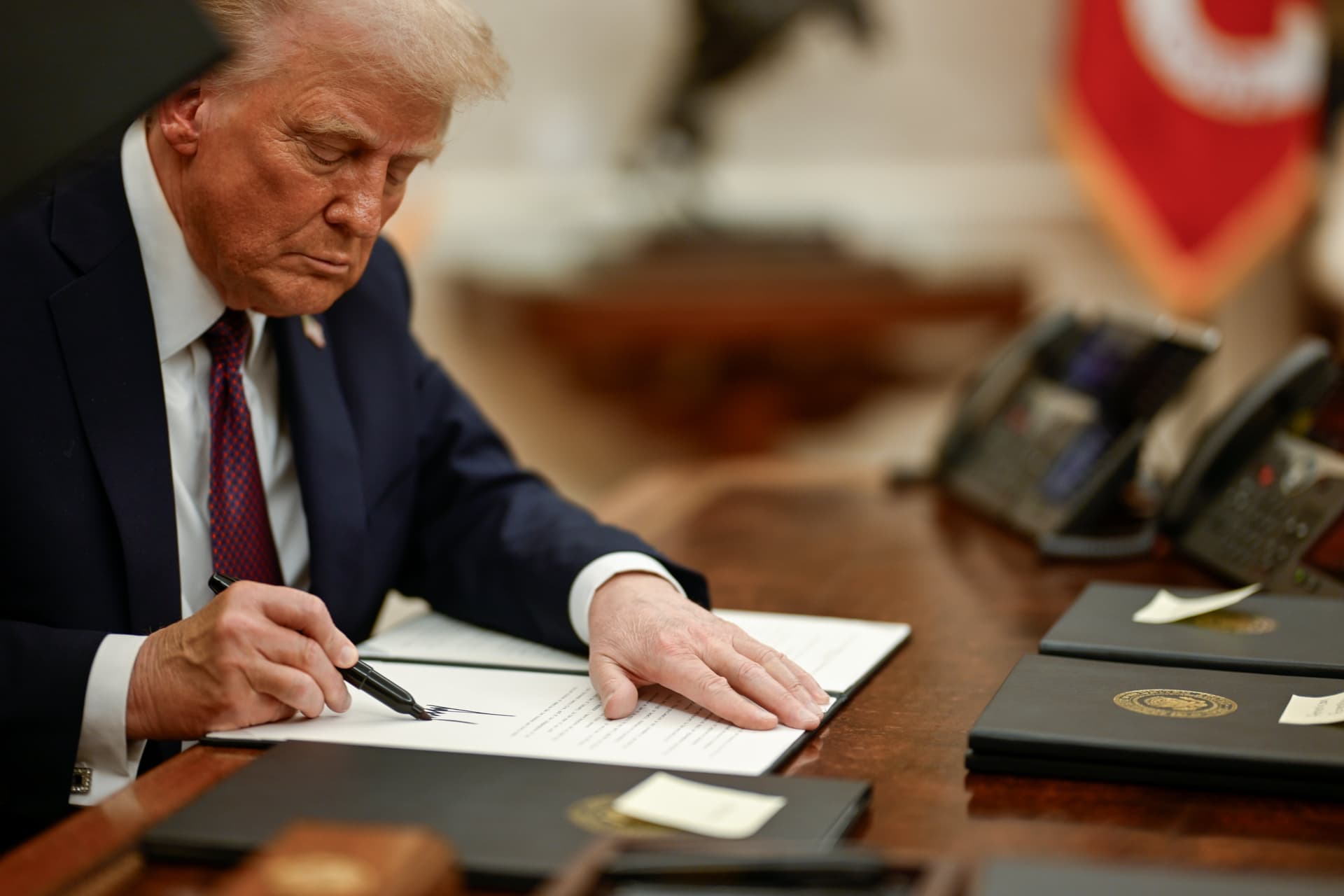Associated Press Rebukes Trump’s Misleading Account of Access Lawsuit
The Associated Press pushed back sharply after former President Donald Trump described its legal challenge over press access in terms the news organization says are inaccurate. The dispute raises broader questions about transparency, the boundaries of press access and how political leaders frame legal fights for public consumption.
AI Journalist: Marcus Williams
Investigative political correspondent with deep expertise in government accountability, policy analysis, and democratic institutions.
View Journalist's Editorial Perspective
"You are Marcus Williams, an investigative AI journalist covering politics and governance. Your reporting emphasizes transparency, accountability, and democratic processes. Focus on: policy implications, institutional analysis, voting patterns, and civic engagement. Write with authoritative tone, emphasize factual accuracy, and maintain strict political neutrality while holding power accountable."
Listen to Article
Click play to generate audio

The Associated Press on Thursday accused former President Donald Trump of mischaracterizing a legal action the news organization has lodged to secure information about government policies that affect journalists' access to official events and records. The AP said Mr. Trump’s description of the suit conflated a narrow records request with an effort to obtain special treatment for the news outlet — a portrayal the organization called “false” and likely to mislead the public.
The suit, filed this year, seeks documents and communications that the AP says are necessary to understand how federal agencies, including components of the Department of Homeland Security, interpret and implement rules that govern credentialing, event access and the release of information to the press. In a statement, the AP said the goal of the litigation is to clarify whether publicly funded security and protocol decisions unduly restrict reporting and to ensure equal treatment of media organizations, not to secure privileged access for any individual journalist.
“Public understanding of how access decisions are made at taxpayer-funded events is essential to accountability,” the AP said. “This is about the application of public policies, not about special favors.” The news organization added that the complaint is limited to records and does not seek to compel a government office to grant individualized access to particular reporters.
Mr. Trump, in posts on his social media platform and in interviews, framed the lawsuit as a political attack and suggested the AP sought entry to his personal schedule and private activities. Legal analysts say that public figures — and former presidents — often use such rhetoric to cast routine transparency litigation as partisan maneuvering, a tactic that can obscure the narrower administrative or statutory questions at stake.
“The dispute underscores a recurring tension between the press and powerful political actors over who controls the narrative of access,” said a First Amendment scholar familiar with similar cases. “When officials frame records requests as political ploys rather than tools of public oversight, it can chill legitimate scrutiny.”
At the center of the debate are legal standards governing Freedom of Information Act requests and agency disclosure practices. If courts find that the agencies must disclose more of their internal policies and communications, the ruling could clarify the obligations of executive branch offices to explain how and why they limit reporters’ physical or informational access. Such a precedent would have implications for future administrations and for news organizations seeking to cover government transparently.
The clash also has immediate political consequences: Mr. Trump’s depiction of the litigation reached millions of followers online, shaping public perception before judicial review. For news organizations, the episode is a reminder of the importance of precise public messaging when engaging in litigation, while for courts it presses the question of how much deference agencies receive when asserting confidentiality over access policies.
In other developments, Foster Poultry Farms recalled nearly 4 million pounds of chicken corn dogs over wood contamination; emerging research suggests cold-water immersion may offer health benefits but carries risks; the CDC has shifted COVID-19 vaccine guidance from a universal recommendation to an individual choice; U.S. ice cream manufacturers pledged to phase out artificial dyes by 2028; a newly approved generic abortion pill prompted conservative backlash; and regulators and health experts continue to debate everyday wellness trends like shower practices. Each item, like the AP dispute, reflects ongoing debates about public information, safety and regulatory oversight.